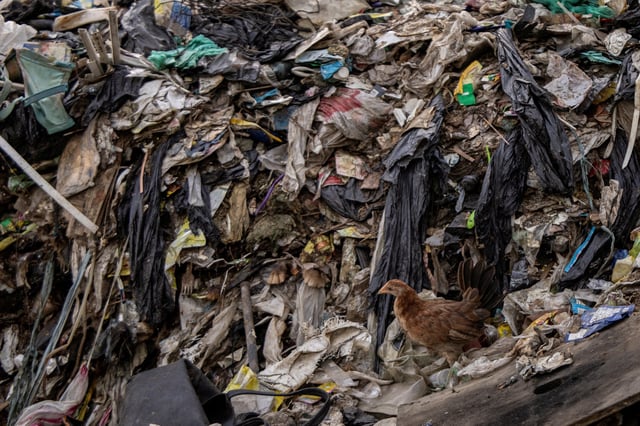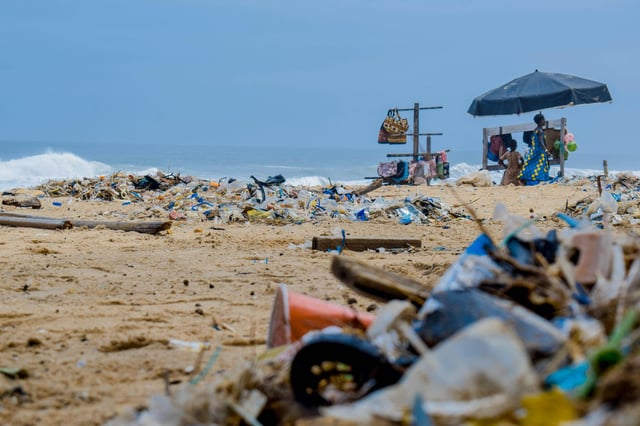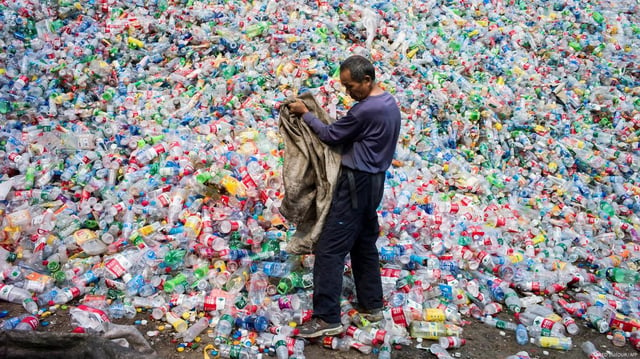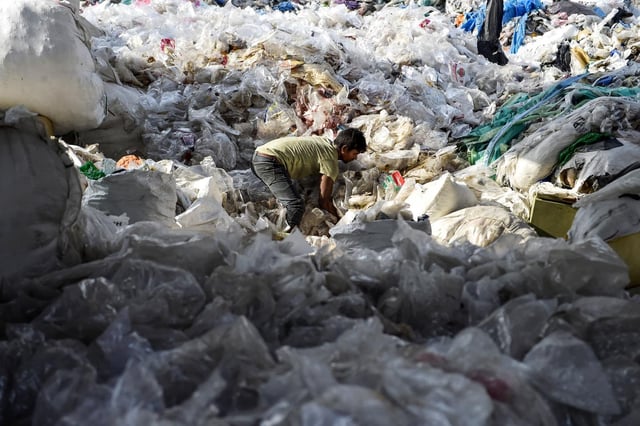Overview
- Negotiators reconvened in Geneva on August 5 for a final round of UN talks aimed at forging a legally binding plastics treaty covering the full lifecycle from production to disposal.
- A US State Department memo dated July 25 explicitly rejects binding production targets and bans on plastic additives, aligning its stance with several major petrochemical-exporting nations.
- Key articles in the draft treaty—Article 6 on production cuts, Article 3 on hazardous chemical bans and Article 19 on human health safeguards—face opposition that could severely weaken these measures.
- More than 100 countries, led by the European Union and small island states, endorse caps on virgin plastic output; Russia, Saudi Arabia, Iran and China blocked similar measures at previous sessions.
- Civil society and scientific groups warn that petrochemical and fossil fuel industry lobbyists hold significant sway in the negotiations, risking a shift towards voluntary waste management over upstream reduction.



